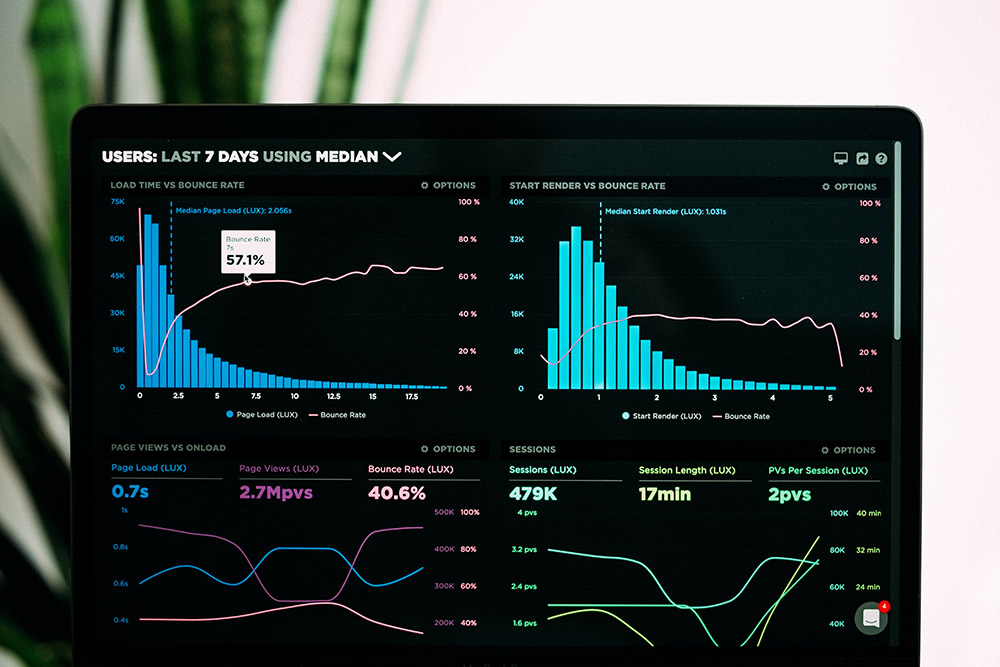Earlier this month, the Danish Data Protection Agency (Datatilsynet) announced that it had blocked 82 websites that were not compliant with the country’s data protection laws. The website blocking was part of an ongoing crackdown on unlicensed casinos and other businesses that are not licensed to offer services to Denmark.
Danish Data Protection Agency Cracks Down on Online Gambling, Again
Danish regulator cracks down on online gambling.
The Danish gambling regulator has blocked several unlicensed casino websites providing gambling services to Danish citizens. The regulator said the sites were breaking Danish law by not having a license.
The regulator said it had taken action against the websites because they were providing services to people not registered with the gambling authorities in Denmark. The websites also provided betting services to people not physically located in Denmark.
The regulator said that it would continue to take action against illegal gambling sites and that anyone who was found guilty of breaking Danish law would be punished.
Danish Data Protection Agency Says Google Analytics is not Legal.
Additionally, the DPA now says that Google Analytics is not compliant with the GDPR. Furthermore, they say that the service is not compliant with EU law because it sends data of a personal nature to the United States.
What is the Danish Data Protection Agency?
The Danish Data Protection Agency (DPA) is a governmental organization in Denmark responsible for protecting the privacy of individuals concerning their data. The DPA was established in 1979 and has its headquarters in Copenhagen. The DPA oversees the implementation of the Danish Data Protection Act of 1998, which is one of the most comprehensive data protection laws in Europe.
The DPA also guides businesses and citizens on data protection issues. Datatilsynet is responsible for promoting data protection through rulemaking, education, and enforcement. The agency also supports private sector entities that need to protect the privacy of their customers. In addition to its activities, Datatilsynet works with other government agencies and private sector partners to promote data protection.
Datatilsynet employs a staff of around 230 people. Most employees are engineers or scientists with expertise in data protection issues. The agency also has several officers working on special data protection projects.
Datatilsynet is an independent agency and does not receive funding from the government or any commercial entities. Instead, the agency relies on revenues generated from fines and fees levied against entities that violate Danish data protection laws.

